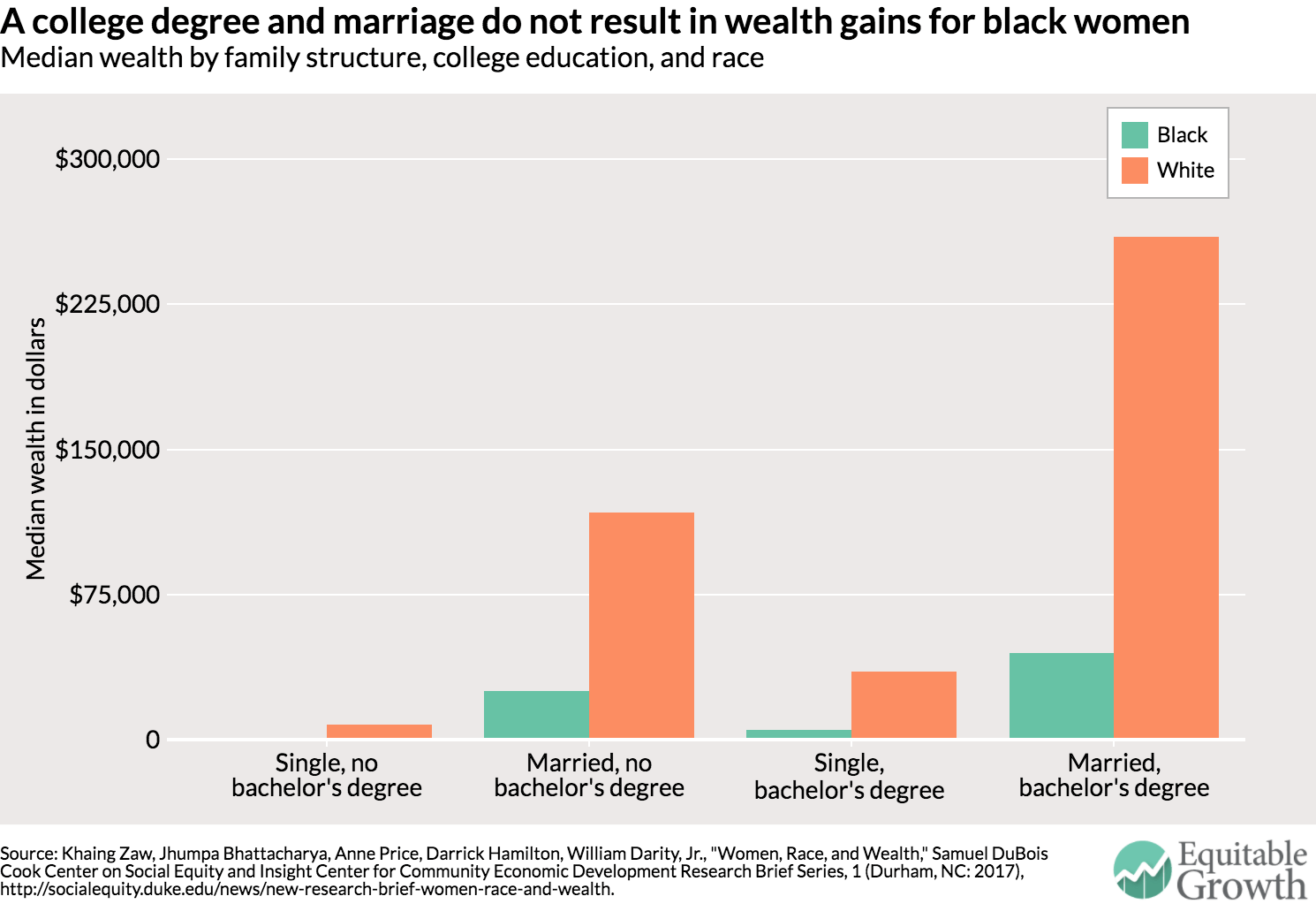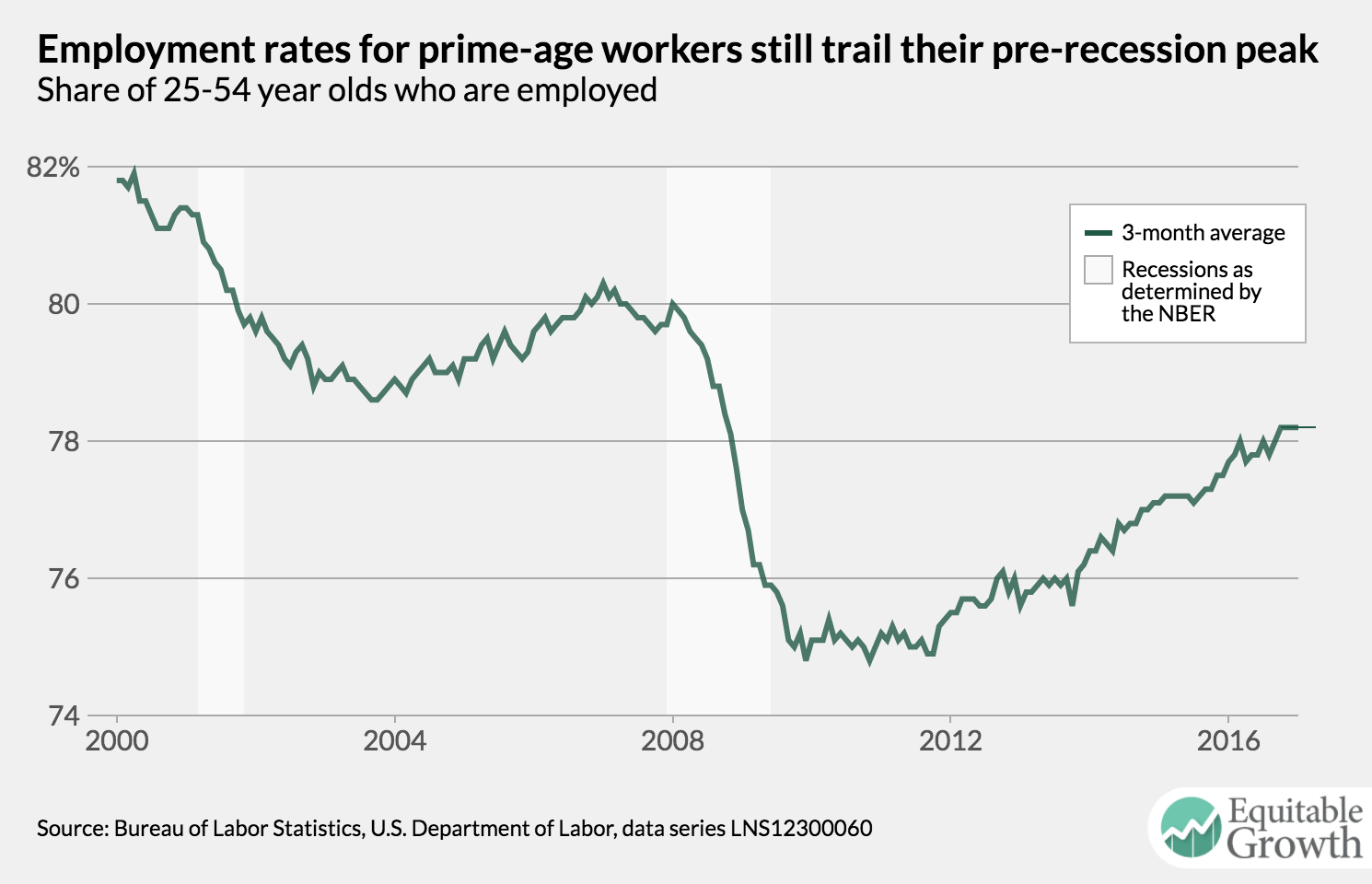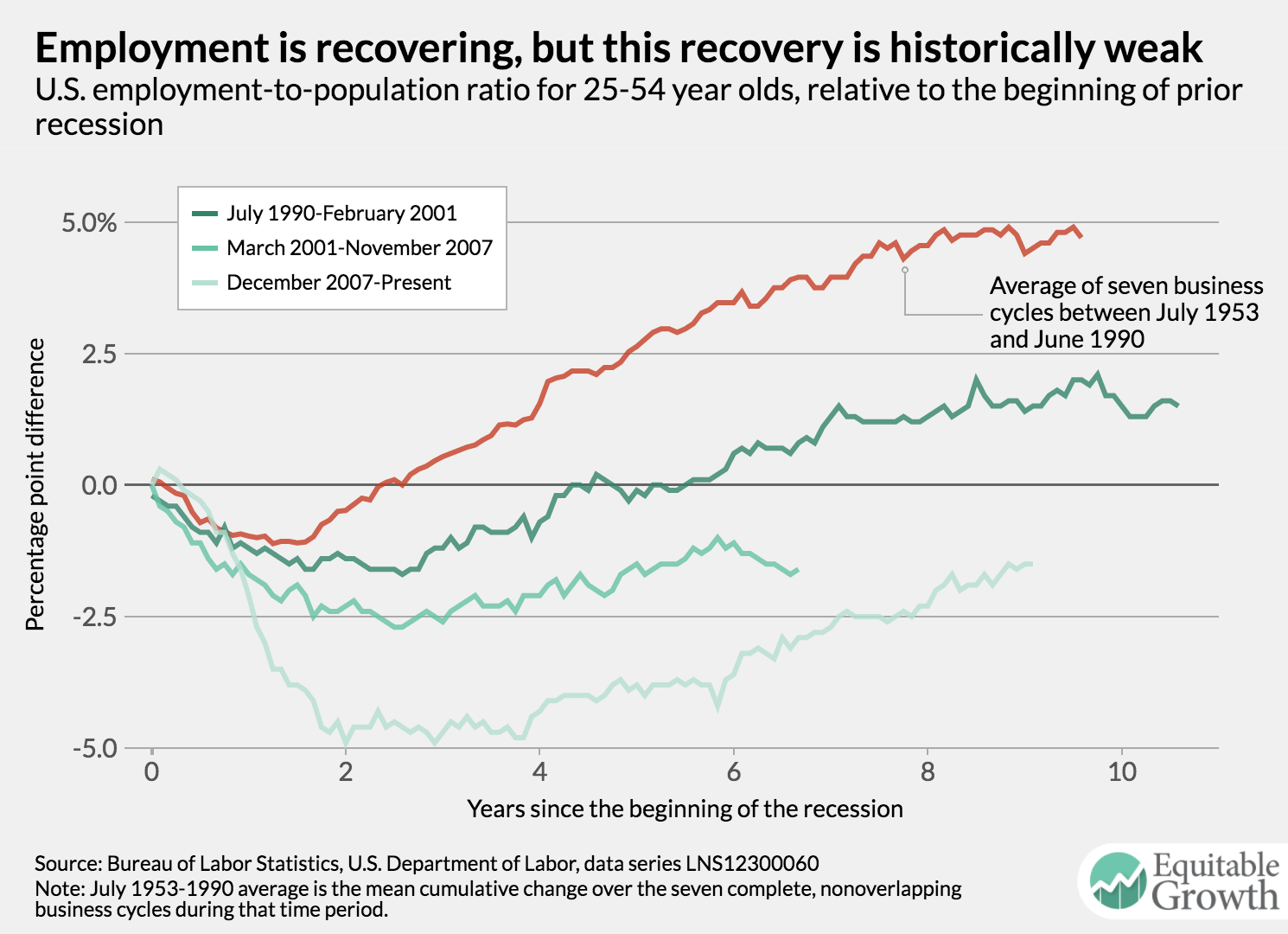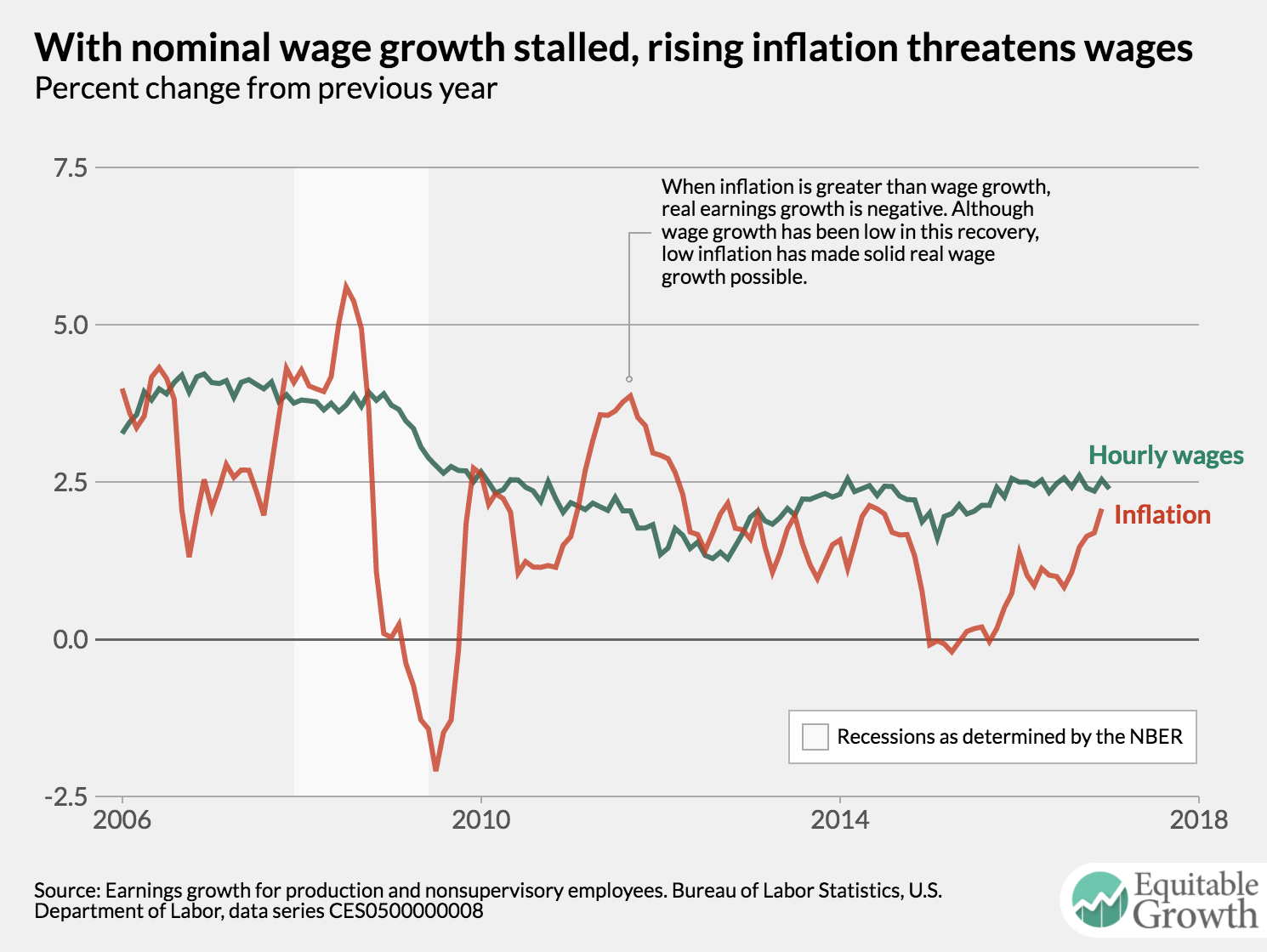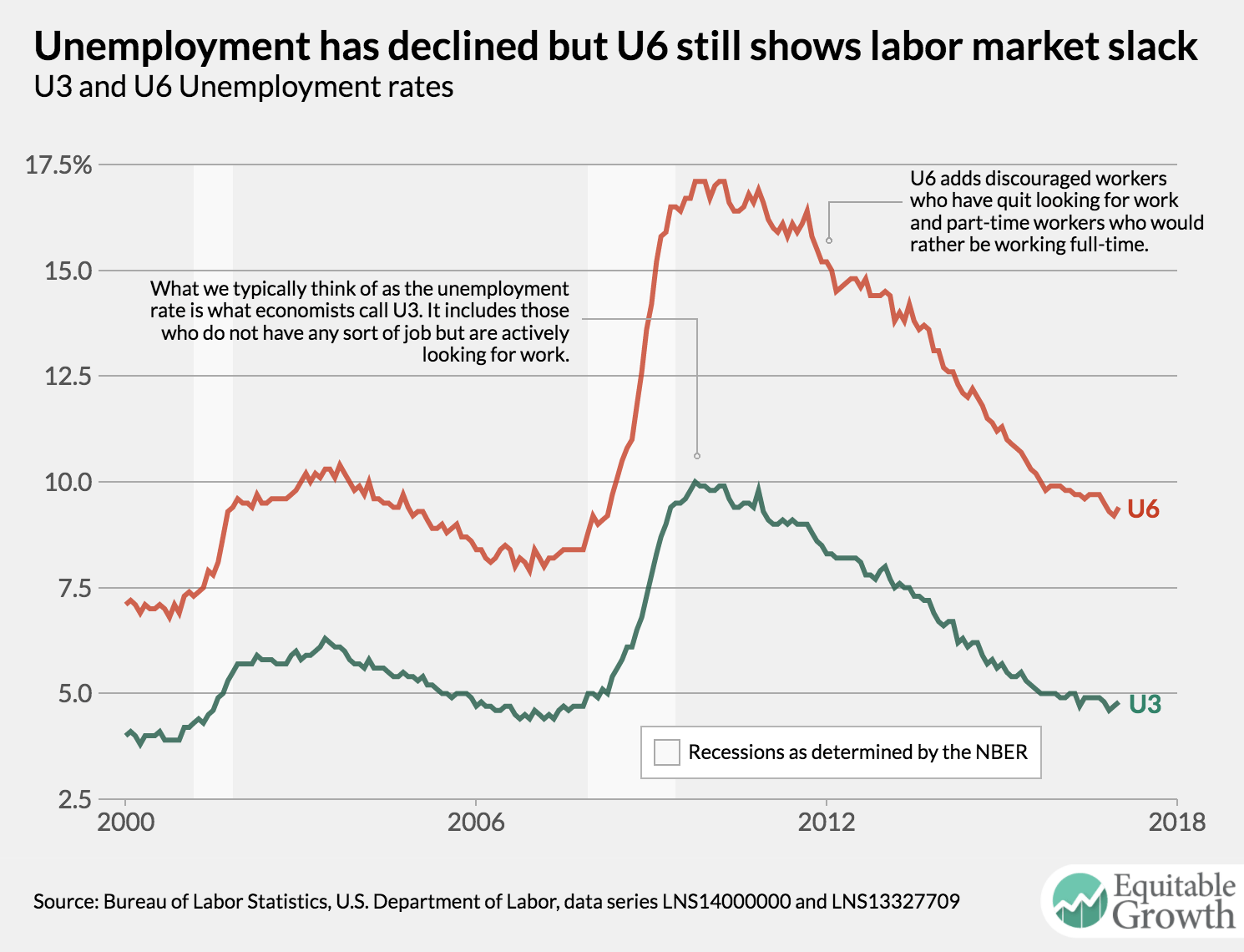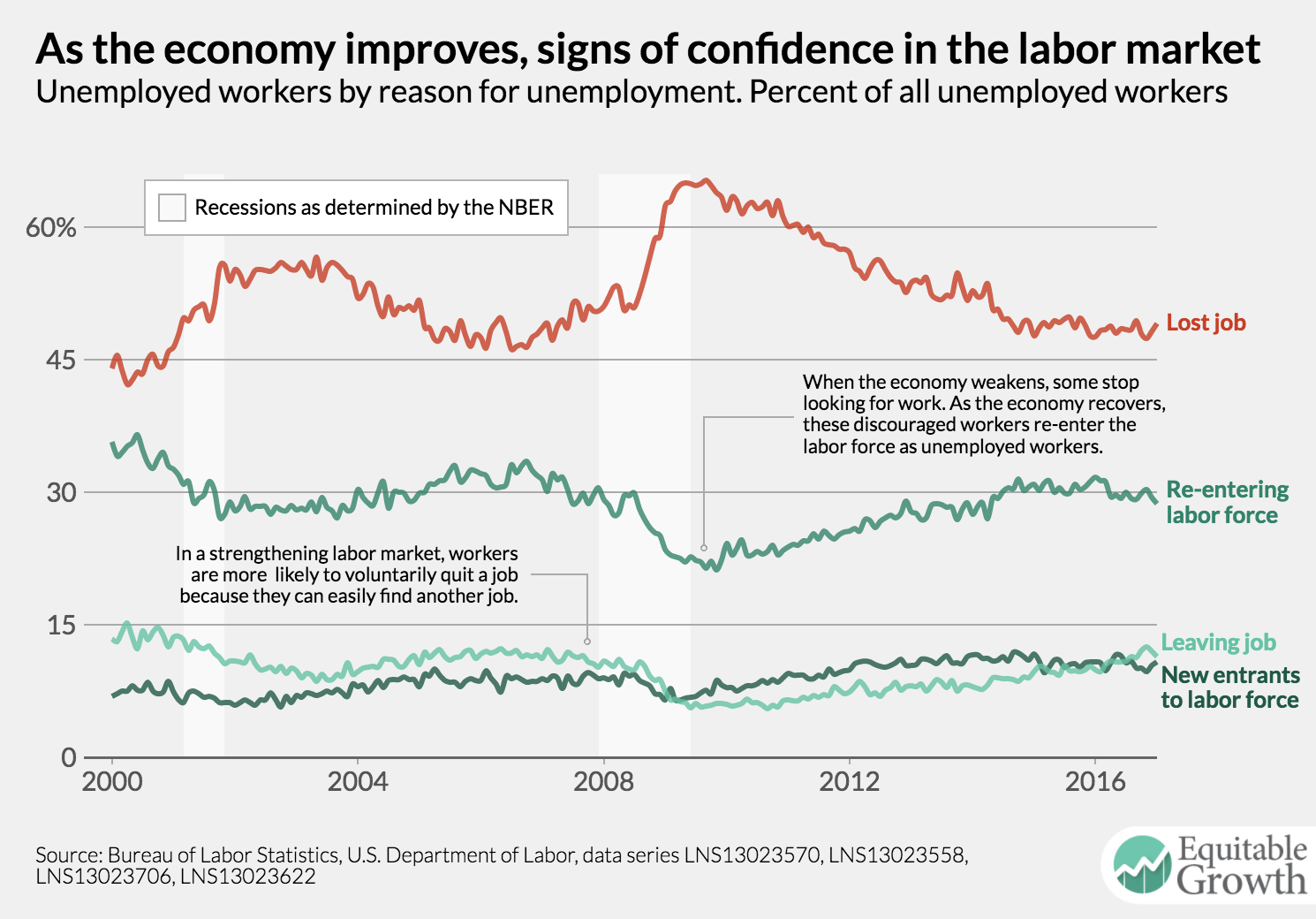Should-Read: Sean Blanda: Medium, and The Reason You Can’t Stand the News Anymore: “We get sliced and sliced into smaller and smaller groups, each with its own group of pundits, publications, and Facebook memes…
…And as advertising mixes with propaganda mixes with actual reporting we can’t tell the difference anymore. It’s a never-ending scorched earth campaign, made possible because harming trust and encouraging tribalism is economically rewarded. In other words, the economic incentives of news directly contribute to the divisiveness of our country…. Facebook, Twitter, Google, and Medium ALSO have no economic incentive to solve these problems….
I know I’ll sound like some kind of pollyanna to suggest that if the American people demand more of their media outlets, advertisers, and social networks everything will work itself out. But I’d guess, regardless of your politics, you and everyone you know is tired of the current climate…. Tired of charlatans playing to the worse instincts of their tribe and getting rewarded…. Any solution is complicated and I have no illusions that it would happen in the next few years, if ever. But the first step is admitting we have a problem. Not one just one “side” or one outlet. But all players, news outlets, readers, advertisers, social media companies need to admit what we all know deep inside: Nobody is happy with this, and it’s time to try something new.

